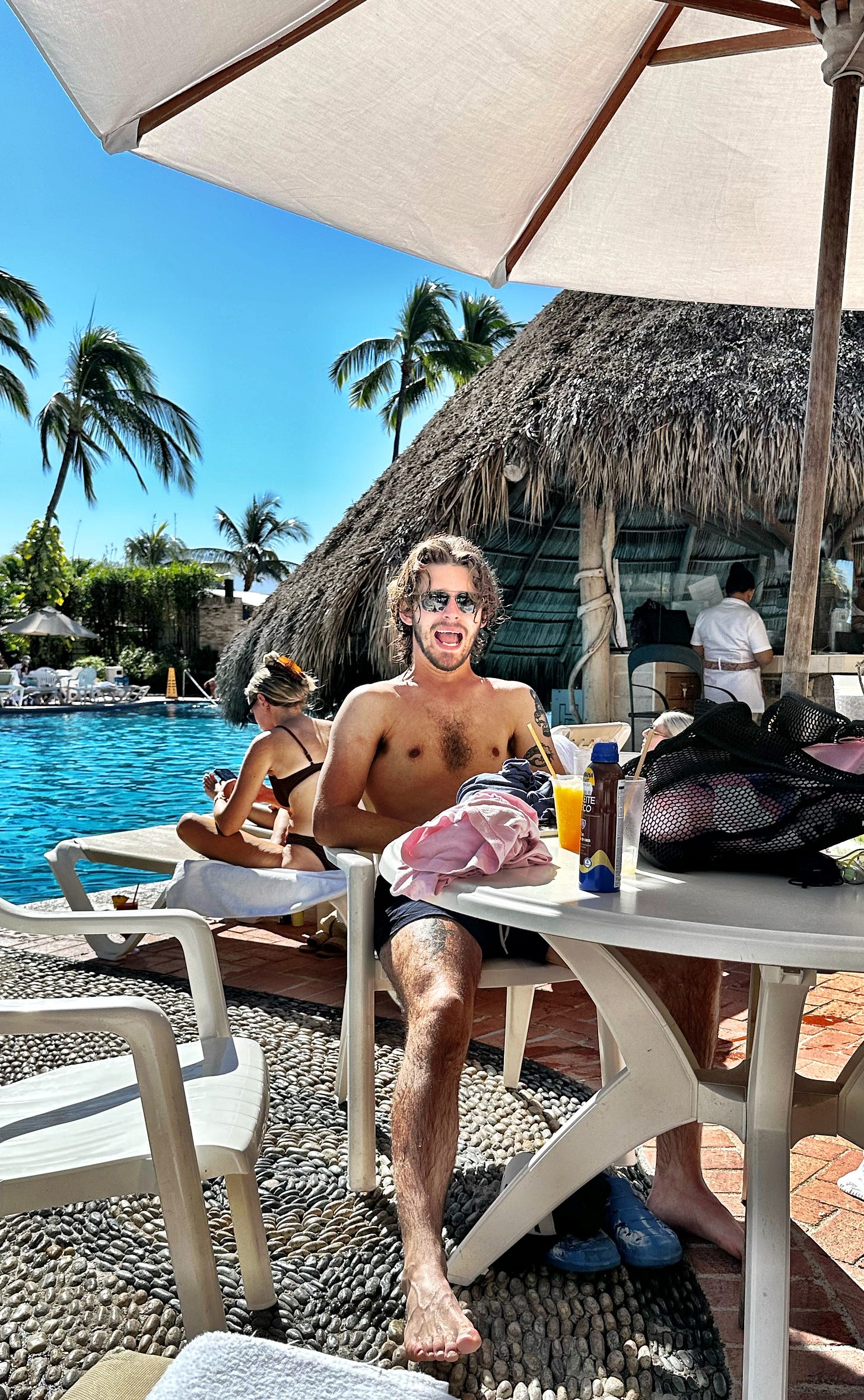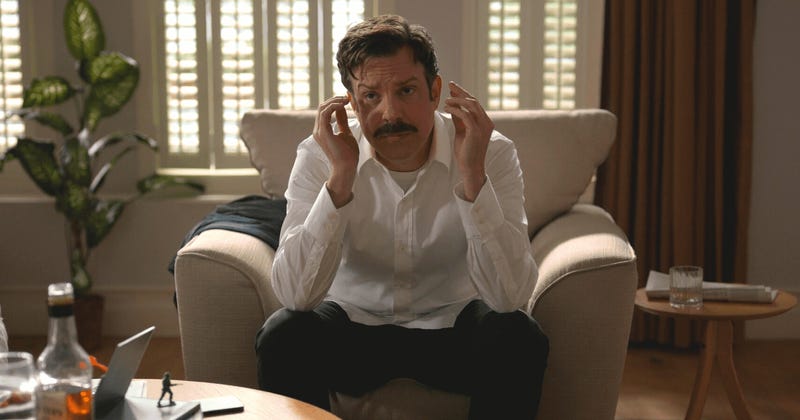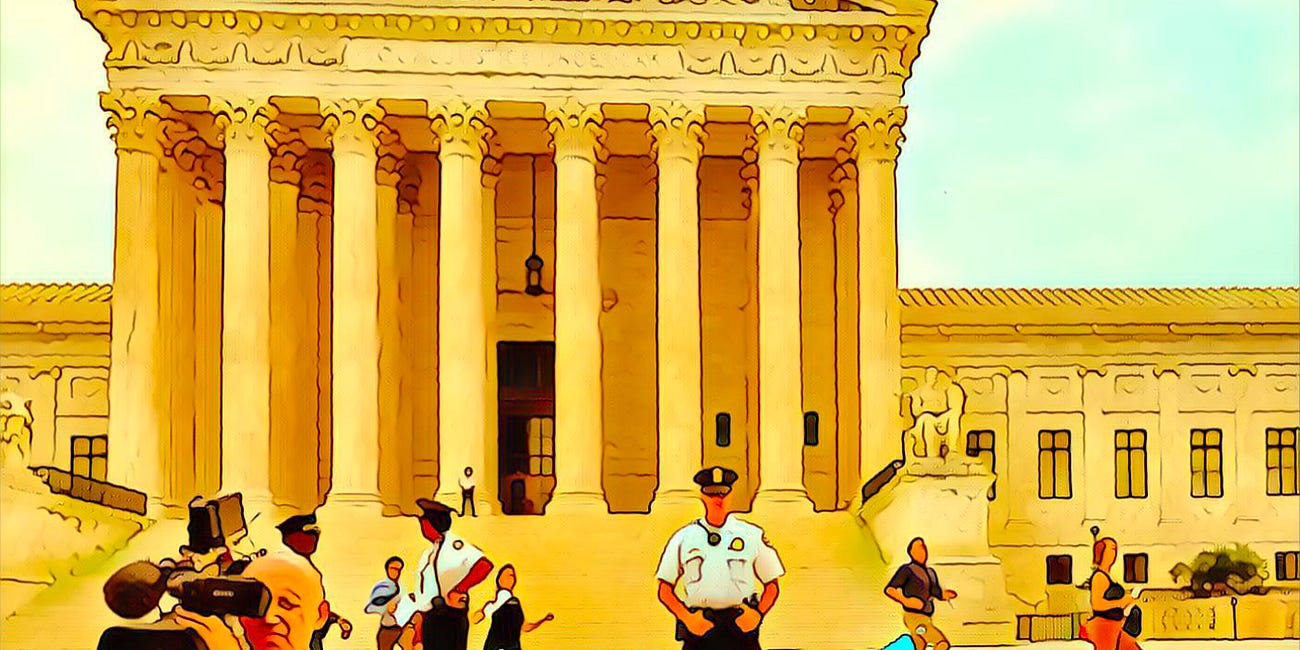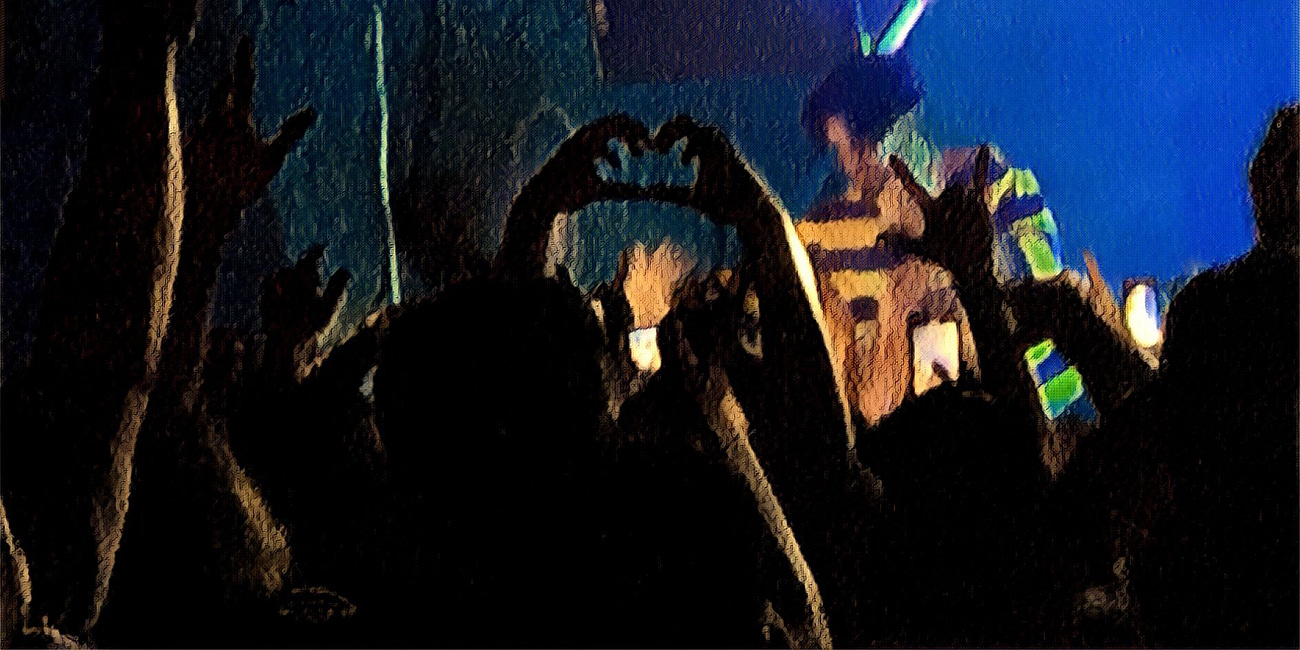4 Crazy Things I Learned From My Oldest Son
You send them to college, they come back with knowledge
Welcome to the always free, reader-supported weekend edition of The Experiment. If you’d like to support my work, buy my Alamo book, buy some Experiment merch, drop some coins in the PayPal fountain, or become a paid subscriber. But even if you don’t, this bugga free.
We just got back yesterday from a Thanksgiving trip to Puerto Vallarta with our two sons and my cousin’s family. That’s the older one in the picture, looking like an early ‘70s movie star. I have a lot of anxiety about family trips, but to paraphrase Maggie Smith, I keep this from my kids. Did I pick the right place to stay? Is an all-inclusive resort lame? Did I do the right thing by getting them their own room or should we have gotten a suite? Should I have planned more activities? Oh god, what am I going to talk to them about? They’re off living their own lives now, just achieving liftoff, and I’m just this old guy on the ground waving at them.
As it turns out — and I know this is going to shock you — all my worrying was wasted effort. They liked being able to sit around all day by the pool and stay up late watching stupid stuff on TV. They liked being able to order whatever they wanted without asking me. They loved not going on any hikes or to any museums.
And I should not have worried about making conversation. The younger one has always been easy — emotionally available, intellectually curious, and witty. The older is like a racehorse, jumpy until he feels comfortable, and then Katie, bar the door. I should have known better, but his field — an honors degree in Fish and Wildlife Science from Texas A&M — is so far afield of mine that I stupidly assume it has nothing to offer me.
I was wrong. Here are four times he blew my mind this week:
“Life did not give us lemons.”
My cousin’s husband and I were trying to figure out how you order a lemon with a water in Spanish. If limón is lime, then what is the word for lemon?
“That’s probably because lemons didn’t always exist,” said my oldest.
I’m sorry, what the huh?
“Lemons didn’t always exist.”
Apparently about 4,000 years ago, some Asian horticulturalist made a hybrid of a sour orange and a citron. (Of course, a sour orange is itself a cross between a pummelo and a mandarin, but I don’t have to tell you that. Everyone knows that.) In 200 BCE, lemons showed up in Israel, and 400 years later lemons made it to Italy. All of which is to say that we can still make lemonade, but we might need a more accurate metaphor for resilience.
“Life,” he said, “did not give us lemons.”1 I agreed. As proof, I observed that the waiter had brought a lime in my drink.
“All birds are dinosaurs.”
I told him about a colleague whose son came rushing into the kitchen with shocking news. “Mom!” said the young boy. “Did you know that people didn’t exist before dinosaurs? Not even ninjas!”
“Well, except that dinosaurs are all around us,” he said as we watched Magnificent Frigatebirds soar in the blue sky over Banderas Bay. Apparently all dinosaurs did not go extinct. There was an extinction-level event, to be sure. (“The comet?!” I said, remembering an animated movie I took him to as a young boy. “Sure dad,” he said, more to get me to shut up than in agreement.)
“Sure dad.”
But that event (It was a comet, dammit) killed off most of the dinosaurs’ food supply, and the big ones died, leaving only the more-adaptable littler dinosaurs who could survive on bugs and whatnot.
Today we call them birds. Just like the Spanish flu evolved from a death sentence into an annual annoyance, we treat these pre-historic predators as winged minstrels. Suddenly the chirping in the trees and bushes around the pool sounded louder. Vegetarians are cowards. That night I had the chicken.
“Sharks came before trees.”
I toasted my son’s brilliance and the adaptability of dinosaurs, but he scoffed, more at the latter than the former.
“Sharks have been with us much longer,” he said. “They came before trees.”
“They came before trees.”
Before what now? One day there were no trees, and then there were trees? Containing his frustration at paternal over-simplification (of the science, not the paterfamilias), he explained that there was a lot of carbon dioxide in our air in the Devonian Period, and perhaps more importantly, no dominant species to slow their spread.
You’re a kid with a box of Crayons and a piece of paper, and I tell you to draw your house. You draw the house as a box with an inverted V for a roof with one window in the front, probably a square one and not a picture window. You use up half of the green Crayon on the lawn, and on that lawn is a tree. So central to existence on Earth are trees that even kids who don’t have trees in their front lawns draw that tree.
But trees didn’t always exist. Sharks have been swimming around since we first had oceans, more or less, but it was a long time before trees made the scene. Just think, there was a time that a fella could not say, “I think that I shall never see a thing as lovely as a tree.” Sure, there might have been a lot of carbon dioxide in the air back then, but that seems like a fair trade.
“We are descendants of lizard people.”
Bear with me, because I wasn’t on my first round when he explained this one. We were talking about how language is a virus and how it helped Homo sapiens become dominant over Neanderthals. For example, we were able to do things like say, “Hey, look over there!” or “You’re shoe’s untied” and then bonk them on their heads.2
For some reason — or, more likely, he was trying to steer the conversation to safer waters — he brought up the Arkasaurs.
“Are they…?”
“No, Dad, they are not Republican politicians in Arkansas.”
“Dammit,” I said, signaling to the waiter for another round.
“Hey, look over there!”
In fact, they’re spelled “Archosaurs,” and they were reptiles who ruled before dinosaurs came on the scene after yet another extinction-level event much like the one that would make them (mostly — tweet, tweet!) extinct later. The reason he brought up the reptilian archosaurs is that they had two holes in their skulls “like ours,” he said.
I fell silent. I could not utter a word. Having counted five holes in my own head — left and right ears, two nostrils — I dared not open the fifth lest he lose what remained of the fatherly mystique I’d carefully cultivated over the last two decades. He once believed me when I told him Santa Claus existed but that Canada didn’t exist and was just a lie that parents foisted on their children.
“Uh huh,” I said, trying to understand that not just everyone has two holes in their heads. Some animals have four or even six. Having only two holes must — why yes, señor, sí, una más, por favor — make us special. “So, would it be accurate to say that humans are descendent from lizard people?”
“No, dad, you can’t say that, and whatever you do, please don’t put that in your newsletter,” he said.
I would never.3 After all, he’s lucky. Not everyone has a father who pays such close, careful attention to detail.
Jason Stanford is a co-author of NYT-best selling Forget the Alamo: The Rise and Fall of an American Myth. His bylines have appeared in the Washington Post, Time, and Texas Monthly, among others. Follow him on Threads at @jasonstanford, or email him at jason31170@gmail.com.
Further Reading
The real reason Ted Lasso freaked out.
Welcome to The Experiment, where we have all the spoilers for Ted Lasso. If you’re not caught up on the second season, best if you put this aside until you do. And if you don’t want the end of the season spoiled by my can’t-miss prediction about the cliffhanger awaiting us at the end of season 2, best if you put this aside. But if you don’t watch
As bad as things are, they are going to get worse.
Since the Supreme Court overturned Roe v. Wade last week, I’ve seen several friends of mine, all women, ask their male friends to speak out. I can’t think of anything more useless than me publicly sharing my opinion that I believe women should have equal rights, including and especially bodily autonomy, which I can’t believe anyone needs to say out loud…
It Gets Easier
Welcome to The Experiment, where we’re moving to a Sunday morning delivery because the day job doesn’t leave enough time to write this until the weekend. This week, I visit my oldest son at college as we mark 100 days of the Biden administration. Jessie Daniels
"Dude, there was a mom in the mosh pit!"
Remember back in June when I told you how I thought my youngest son was just asking for money to buy concert tickets but was really inviting me to go with him (and pay, of course)? Well, this week we went, and it showed me so much about how his generation relates to the culture. If you usually skip “What I’m listening to” or are new to the newsletter,
We set up a merch table in the back where you can get T-shirts, coffee mugs, and even tote bags now. Show the world that you’re part of The Experiment.
We’ve also got a tip jar, and I promise to waste every cent you give me on having fun, because writing this newsletter for you is how I have fun.
Buy the book Texas Lt. Gov. Dan Patrick banned from the Bullock Texas History Museum: Forget the Alamo: The Rise and Fall of the American Myth by Bryan Burrough, Chris Tomlinson, and myself is out from Penguin Random House. The New York Times bestseller is 44% off and the same price as a paperback now!
He wants to add that he is not the first to say this and that it’s thus misleading to quote him as saying it, but he said it. I think it would be misleading not to quote him.
He wants you to know that that language conferred advantages in organization and coordination and not slapstick comedy. I want you to know that my ancestors definitely invented the “There’s something on your shirt” gag.
I would absolutely do that.







I love your special way of telling a story and explaining ills of our nation. I bought 2 merch items because you reminded me of a phrase I had long forgotten. I use etc but it never sits well with me. You reminded me of “and whatnot”. Very grateful. I will wear your face with pride.
Glad to hear that someone is taking up fish & wildlife. My friend and neighbor was a wildlife biologist. He taught me much about fish, waterways, lizards, turtles, tortoises, birds, snakes, native plants, and other wildlife. He died in July. We need more young people entering the field. I know where he can get some books on point. For little or no money.